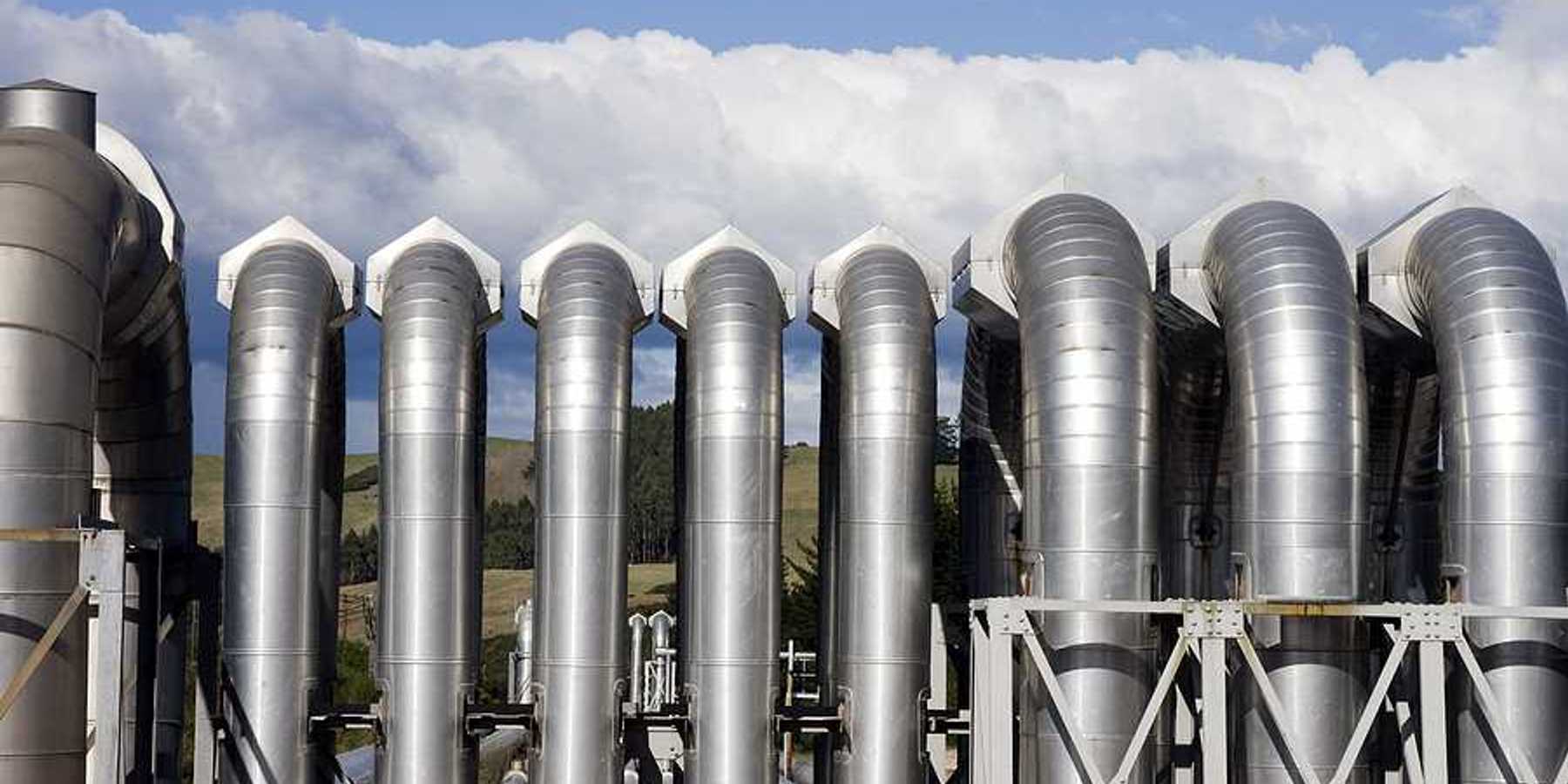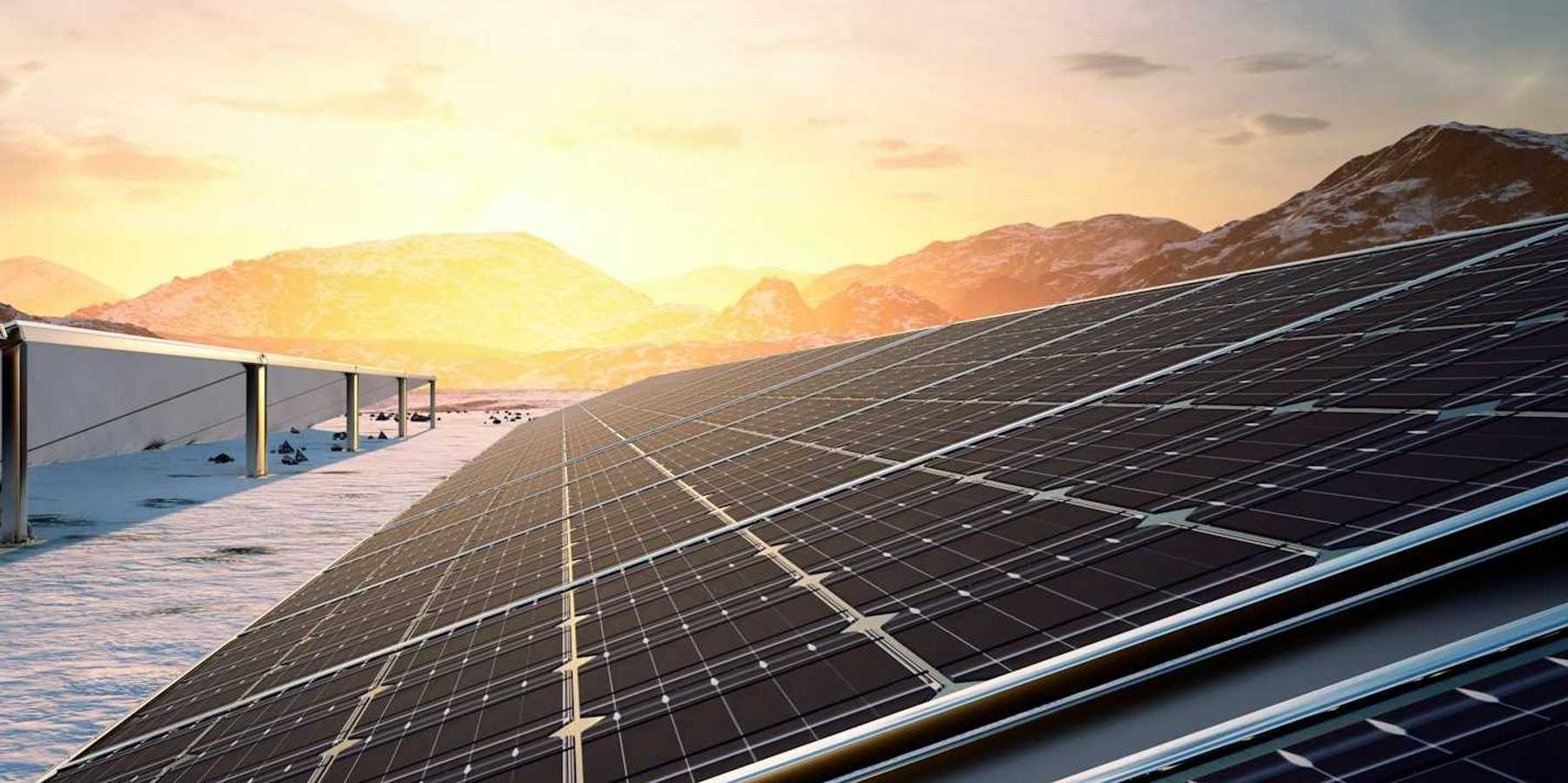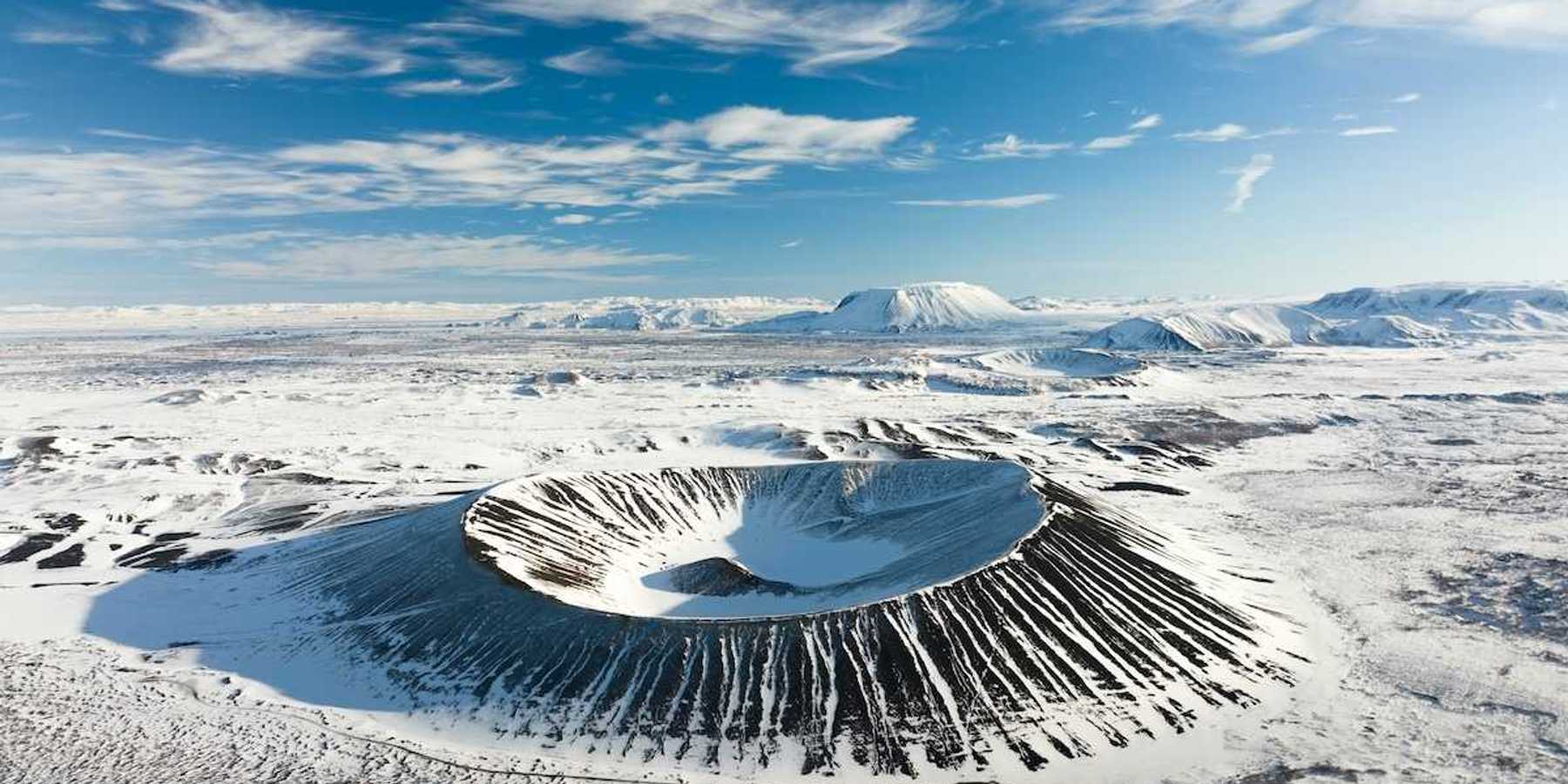Settlement for BP oil spill workers falls short of expectations
A court settlement meant to compensate cleanup workers affected by the BP oil spill has largely failed, leaving many without proper aid.
Travis Loller and Michael Phillis report for The Associated Press.
In short:
- The settlement has paid out only a small fraction, with 79% of recipients receiving no more than $1,300 each.
- Legal hurdles and strict proof requirements have thwarted many workers' attempts to claim adequate compensation.
- Attorneys and experts criticize the settlement and claims process as insufficient and overly stringent.
Key quote:
"I wanted people to get their day in court and they win or lose at trial. Let a jury decide. ...But they weren’t even given the chance to do that."
— Robin Greenwald, plaintiffs' attorney
Why this matters:
Cleanup workers were exposed to hazardous conditions and toxic substances, such as crude oil and chemical dispersants, which have been linked to a range of health issues. These include respiratory problems, skin conditions, and other serious ailments. Many workers have found the compensation inadequate relative to the severity and duration of their health problems, which in some cases require ongoing medical treatment.
If settlements fail to provide sufficient redress, not only do they leave affected individuals and communities struggling, but they also raise questions about the deterrence of future corporate negligence.
Due to disproportionate exposure to contaminated air, water, toxic chemicals, unsafe workplaces and other environmental hazards, poor, disenfranchised and minority communities face more health problems.













